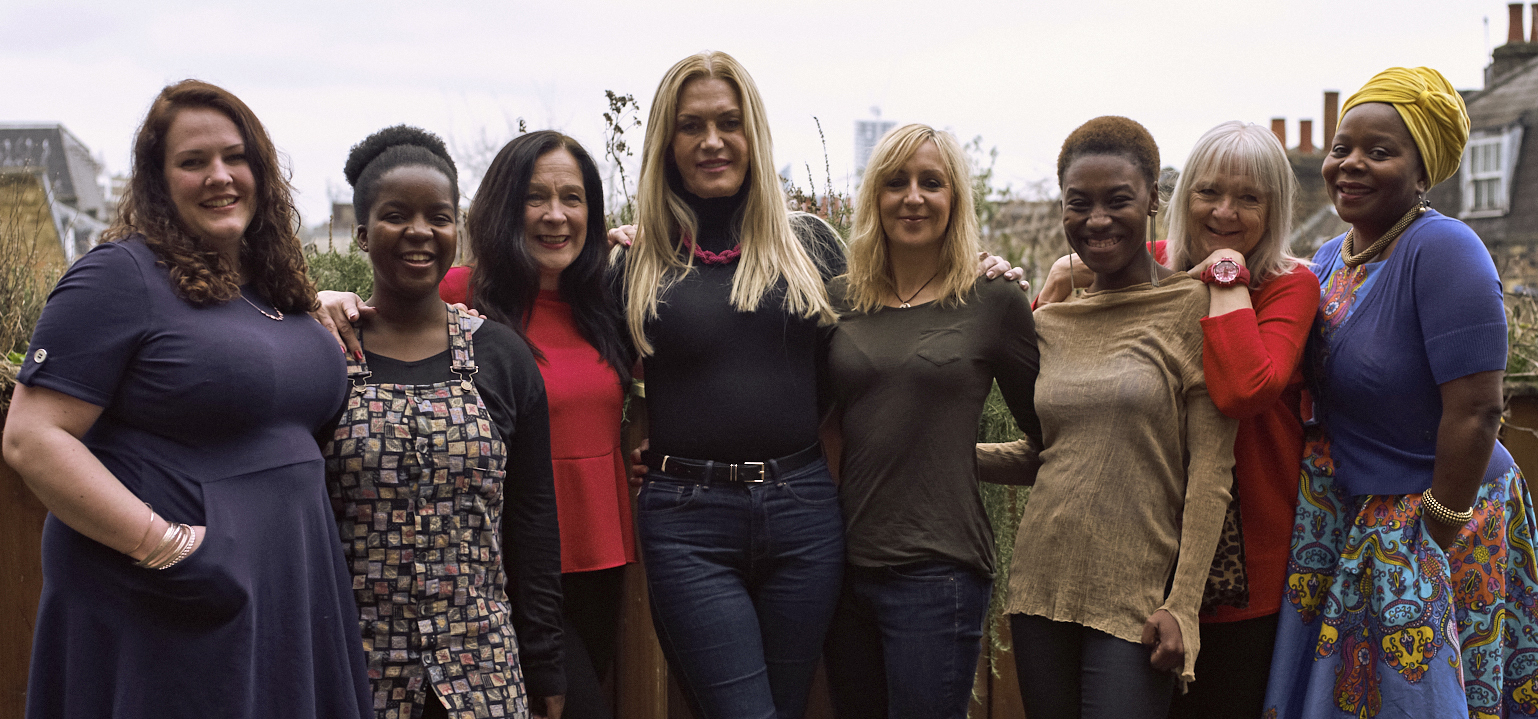
Key findings:
- Women make up one third of people living with HIV in the UK, yet are left out of research, decision-making and service design and delivery.
- Women’s experiences of living with HIV, and the impact it has on their lives, vary widely. Almost half (45%) of women living with HIV in the UK live below the poverty line.
- Over half of women living with HIV in the UK have experienced violence because of their HIV status.
- Nearly one third (31%) have avoided or delayed attending healthcare in the past year due to fear of discrimination.
- Two thirds (67%) are not satisfied with their sex lives.
- Two in five (42%) said that HIV impacted their decisions on whether to have children.
- Despite this, half of women living with HIV (49%) described their quality of life as ‘good’ or ‘very good’, while a further 38% called it ‘acceptable’.
- On HIV prevention, little effort has been made to define who women at risk of HIV are. Nearly half the respondents (42%) felt that barriers prevent them from testing for HIV, and no woman we spoke to had yet chosen to access PrEP.
About the project
Women and HIV: Invisible No Longer was a one-year project led by Sophia Forum and Terrence Higgins Trust. It aimed to set out clear recommendations for policy and service development to ensure that greater focus is given to women affected by HIV.
The project used existing evidence and generated new data with over 340 women involved in the project’s surveys and workshops. It aimed to provide a comprehensive overview of the situation for women in the UK living with or vulnerable to acquiring HIV.
The project was focused on all women including trans women. It focused on women of any sexuality, any ethnicity, whether they do or do not have children, or are pregnant.
The project was co-produced with women living with and affected by HIV.
What we're calling for:
The full report details a range of recommendations for action. These five key asks summarise the changes we need and want to see to ensure that women are Invisible No Longer in HIV prevention, care, support, research and data in the UK.
- Achieve gender parity in the UK HIV response, ensuring equitable investment, priority and attention to women in HIV prevention, research, data and services.
- Ensure that HIV research addresses specific knowledge gaps around HIV and women and supports the full participation and meaningful involvement of women.
- Prioritise reducing late diagnosis of HIV among women, better explore the use of innovative HIV testing approaches, and improve rates of HIV test offers and uptake in different settings.
- Improve data collection and disaggregation on HIV and women, ensure local level data is available, and include sexuality data for women in national reporting.
- Invest in HIV support services that meet women’s needs holistically and enable women to not just live well but to thrive, including peer support and support for mental health and gender-based violence.
Why it’s important to focus on women and HIV
Around a third of people living with HIV in the UK are women and a quarter of all new HIV diagnoses are in women. Yet women living with and affected by HIV have been mainly invisible in the narrative and response to HIV in the UK.
We know little about what it means to be a woman in the UK living with or at risk of HIV. We don’t know enough about what women’s needs are or what interventions are in place to meet these needs.
But we do know that women are not seen as a 'key target' for HIV interventions.
This must change.
Next steps
We have been working with Public Health England (PHE) to ensure that women are more fully represented in HIV research and that organisations have the data they need to deliver effective interventions and support services for women.
The first step in this journey has been the welcome move by PHE to include women specific data tables in their annual release. This has been followed by the release of a women’s focused Spotlight Report, that we and Sophia Forum developed in partnership with PHE. This report brings together all the data and learning we have surrounding women and HIV. These were both key recommendation in the Invisible No Longer report and big wins for this campaign.
But we are not resting on our laurels and are now working to ensure that the findings in the Spotlight Report and the annual data updates on women are used to inform inclusive services that will meet the needs of all women living with and vulnerable to acquiring HIV. This Spotlight report will be followed by a series of academic journal publications. In this way we seek to begin to redress the balance of the lower representation of women in HIV research.



